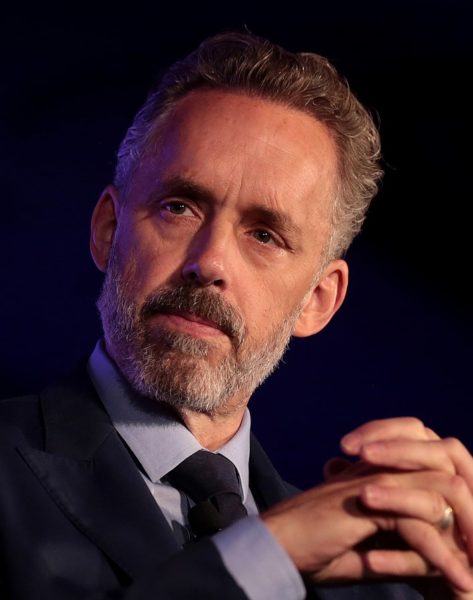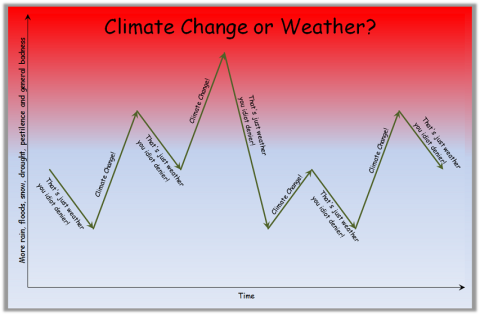Jordan Peterson’s reaction to the Ontario court decision that sided with the College of Psychologists of Ontario to order him to undergo re-education at his own expense until some non-specified goals have been reached:

Jordan Peterson speaking at an event in Dallas, Texas on 15 June, 2018.
Detail of a photo by Gage Skidmore via Wikimedia Commons.
[National Post interviewer Tyler Dawson] What was your reaction when you found out the Ontario Court of Appeal had dismissed your challenge?
Oh, well, I’d already factored that into account as a high probability, so it actually didn’t affect me very much.
I’m upset because of what it signifies. This might be hard for people to believe, but I don’t believe that this is about me. I don’t want to claim some sort of capacity to transcend mere egotism, but there isn’t anything the college can really do to me, except they can take a hit out on my professional reputation to some degree.
Practically speaking, I’m beyond their purview, because I’m not dependent on them financially. I don’t even need my licence. I’m not practising. I have a reputation that’s going to withstand this regardless, and perhaps even be enhanced by it.
The reason that I’m fighting for this is because, well, first of all, I didn’t want them to take my damn licence. I worked hard on that and there’s no — I’ve done nothing to deserve that, quite the contrary. I think I’ve helped millions of people.
This ruling is definitely going to embolden the already tyrannical regulatory boards. But also Canadians don’t understand that if they can’t trust their professionals to tell them the truth, then they don’t have professionals anymore.
You know, this country is in rough shape. It’s in far rougher shape than people understand. So the reason I’m fighting this is to try to bring that to public attention, like I’ve been trying since 2016. You know, now a cynic would say well, you know, look at all the success you’ve had with it. It’s like, wow, yeah, believe me, man, it took a lot of dancing in place to turn the cataclysm of negative public opinion and pillorying by the press into success. That wasn’t a foregone conclusion.
What options does this leave you specifically with regards to the college? Do the training or resign?
The status is crystal clear. I’ve already been sentenced to a course of re-education, of indeterminate origin, at my expense, until I comply. And all they have to do now is tell me when to do it and where — that’s where we’re at.
There’s nothing that I know of now that I can do to stop that from happening. I just cannot understand how that’s going to work, because the probability that they’re going to re-educate me in some manner they deem successful, there’s no universe in which that can occur.
Or I can reject it, in which case I’ll fail, which is the outcome that’s desired anyways. Or I can tell them to go directly to hell and just refuse to do it, in which case they can say, well, we gave Dr. Peterson every opportunity to maintain his professional licence, but when push came to shove, he was unwilling to abide by our dictates. So those are my options.
Could you just register in another province?
It’s not that easy to switch registration jurisdictions. It should be easier than it is, because there are bureaucratic impediments in the way that make it very difficult for professionals to move and there’s no excuse for that.
It’s certainly an option I will and have to some degree explored. But it’s not just like rolling over in bed.








